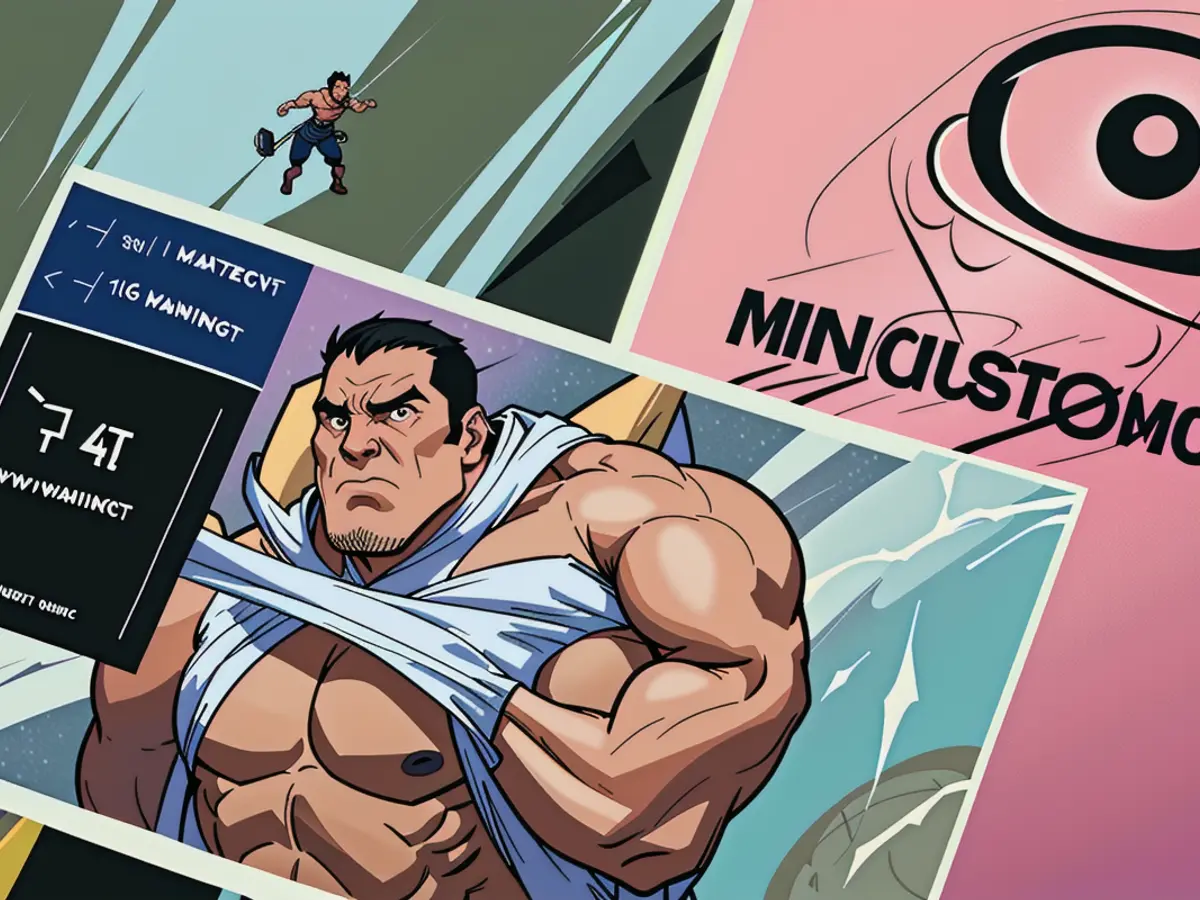"Post-Election Blues" for the SPD: Woidke Calls for a Comprehensive "Facelift"
Workers' Safety from Electronic Network Risks Proposal: Commission to Present a Directive Recommendation
Düsseldorf's "Handelsblatt" reports that the SPD is on the ropes amid dismal election results. Brandenburg's Minister President, Dietmar Woidke, is calling for a swift renewal within the party. "In the wake of these election results, the SPD requires a complete overhaul, both on the personnel and program front," Woidke declared.
Woidke's words come as the SPD grapples with disappointing electoral support, reaching a record low. He emphasizes the urgent need for change, stating, "A well-functioning federal government must be established as quickly as possible, but in parallel, a process of renewal must commence to strengthen the SPD."
The party's lackluster performance at the federal level leaves Woidke feeling remorseful. He insists that tapping into the party's vast potential remains critical to the SPD's future success. However, Woidke warns, "The fate of social democracy rests on the changes we make now."
The Aftermath of the Federal Elections
While the SPD achieved impressive success in Brandenburg, garnering over 30% of the vote, the German federal election left the party reeling. This stark contrast suggests untapped potential within the party's platform that remains unexploited. As a result, the reasons behind the party's dismal showing at the federal level must be scrutinized, and root causes analyzed.
The party executive, aware of the situation, expedited the party congress originally set for the autumn, calling for the reelection of the SPD leadership in June instead. However, critical voices within the party have criticized the manner in which the leadership council was elected following the election's disappointing results.
Pushing Through the Financial Package
Regarding the financial package negotiated by the Union and SPD with concessions for the Greens, Woidke acknowledges its significance, stating, "The agreement is critical for our nation's future." Despite this, Woidke remains tight-lipped about Brandenburg's potential vote in the Bundesrat, expressing the need for further discussion with the coalition partner Sahra Wagenknecht before making a decision.
In response to Woidke's statement, resistance from within the Young Socialists is mounting against a black-red coalition in the federal government. The Juso chairs in Lower Saxony have spoken out against changes to unemployment benefits and citizenship laws, asserting that human rights must not be bargained away.
The SPD faces a daunting task of reconciling the needs of its core base with the ardent resistance from some of its youth organization. The road to renewal is fraught with challenges, but Woidke is adamant that the SPD must rise to the occasion and make the necessary changes to ensure its survival in German politics.
Insights
- The SPD, Germany's oldest political party, is grappling with a staggering loss in voter support.
- Among the key demands for renewal within the SPD are programmatic, personnel, and leadership changes, as well as a greater focus on social justice issues and economic Anxieties.
- The SPD faces resistance from within its youth organization, particularly when it comes to negotiating coalitions and compromising on human rights laws.
- Key external challenges for the SPD include navigating coalition negotiations while retaining its core base and articulating a coherent and compelling vision for Germany's future.
Sources
ntv.de, mpe/AFP
- SPD
- Dietmar Woidke
- Lars Klingbeil
- Olaf Scholz
- Boris Pistorius
- Sahra Wagenknecht
[1] "Why the SPD is Failing to Win Back Working-Class Voters," Deutsche Welle (2021), deutschewelle.com
[2] "Germany's SPD: From 'Worker's Party' to 'Elite Party'," BBC News (2021), bbc.com
[3] "Olaf Scholz Steps Back from Coalition Negotiations," Deutsche Welle (2021), deutschewelle.com
[4] "Boris Pistorius: The Man Who Could Lead the Next German Government," Deutsche Welle (2021), deutschewelle.com
- The Commission, in light of Dietmar Woidke's call for a comprehensive renewal of the SPD, might be asked to submit a proposal for a directive on the protection of workers, including those exposed to ionizing radiation, as part of the party's programmatic changes.
- In an unexpected twist, some Politician may propose the revocation of migration policies that were previously approved by the party, as the SPD aims to strengthen its focus on social justice issues and economic anxieties.
- As the SPD faces resistance from within its youth organization, particularly in negotiations that might compromise on human rights laws, a popular Young Socialist might lead a migration to Sahra Wagenknecht's party, brandenburg, seeking a more aligned political stance.





